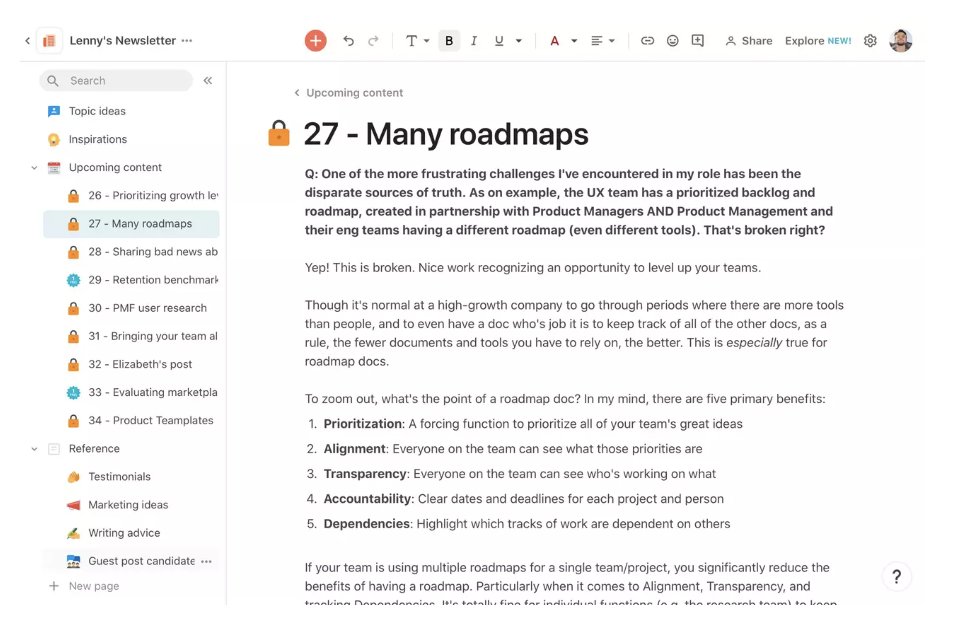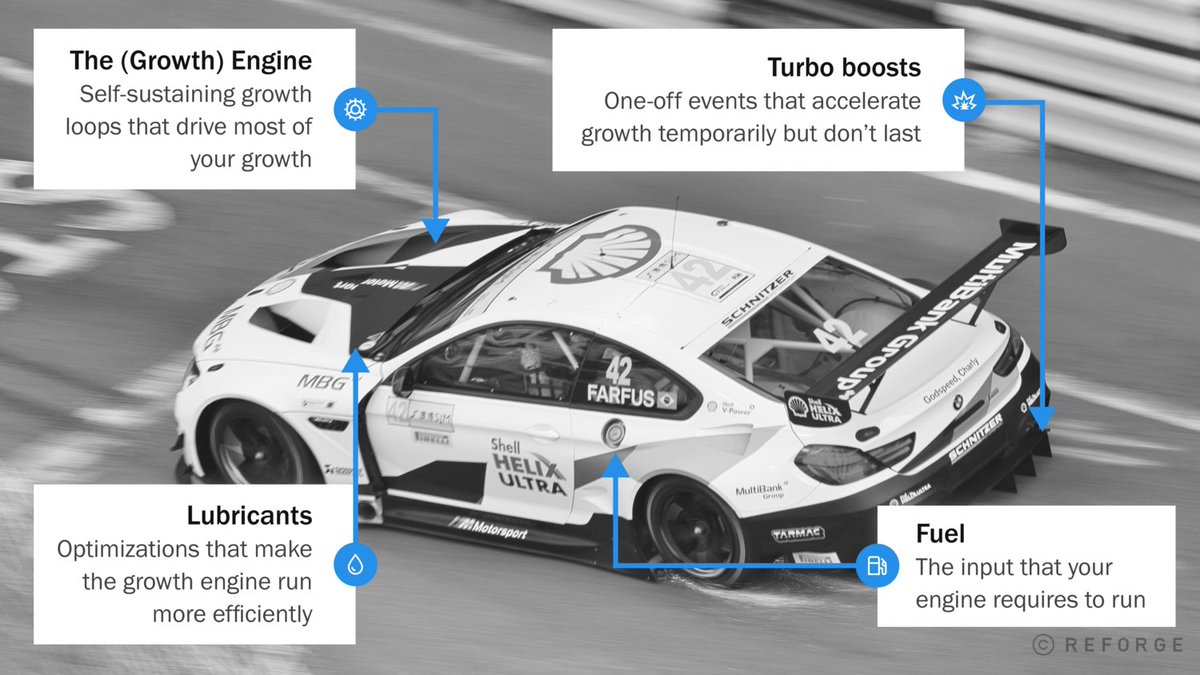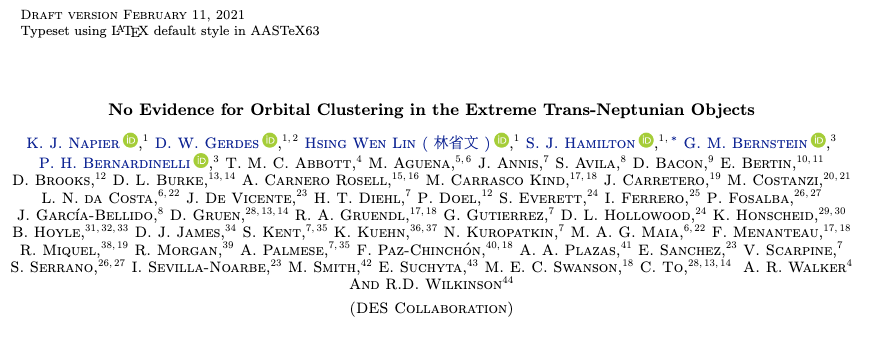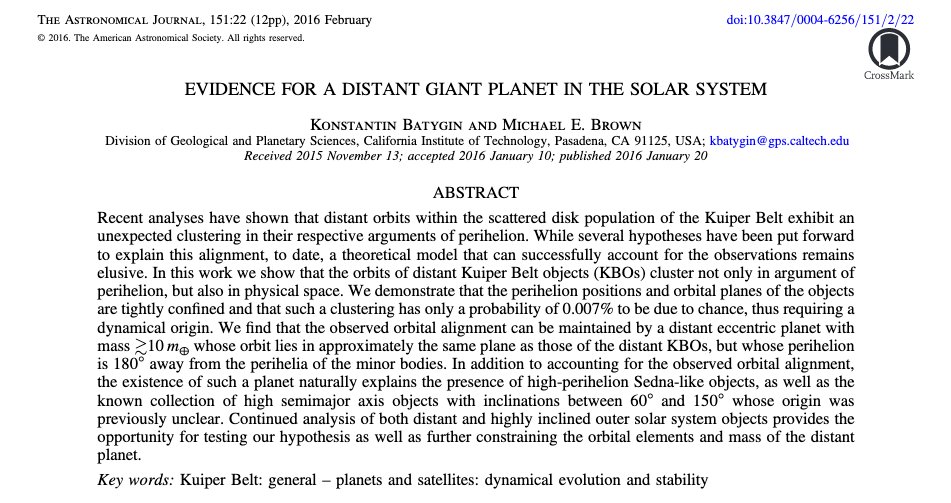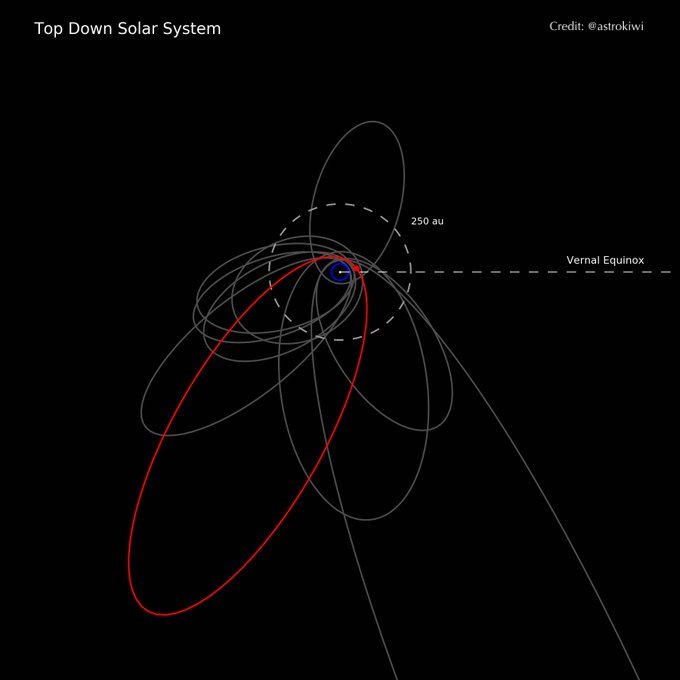Earlier today, I gave a talk at the @SubstackInc's writer conference about building a writing habit. Below are the ten concrete strategies I shared that have helped me publish a post every week for 1.5 years 👇
This was maybe 50% of my initial motivation. Having told people I was going to write weekly made me feel bad when even thinking about skipping a week. It gave me just enough nudge to keep going.
https://t.co/R0EWblrHnW
I'm kicking off an experiment. Inspired by the great @joulee, and building off of the great inbound questions I continue to get from ya'll -- I\u2019m going to start using my newsletter to answer your questions. \U0001f44b
— Lenny Rachitsky (@lennysan) September 12, 2019
Sign up belowhttps://t.co/z1F1efMcue
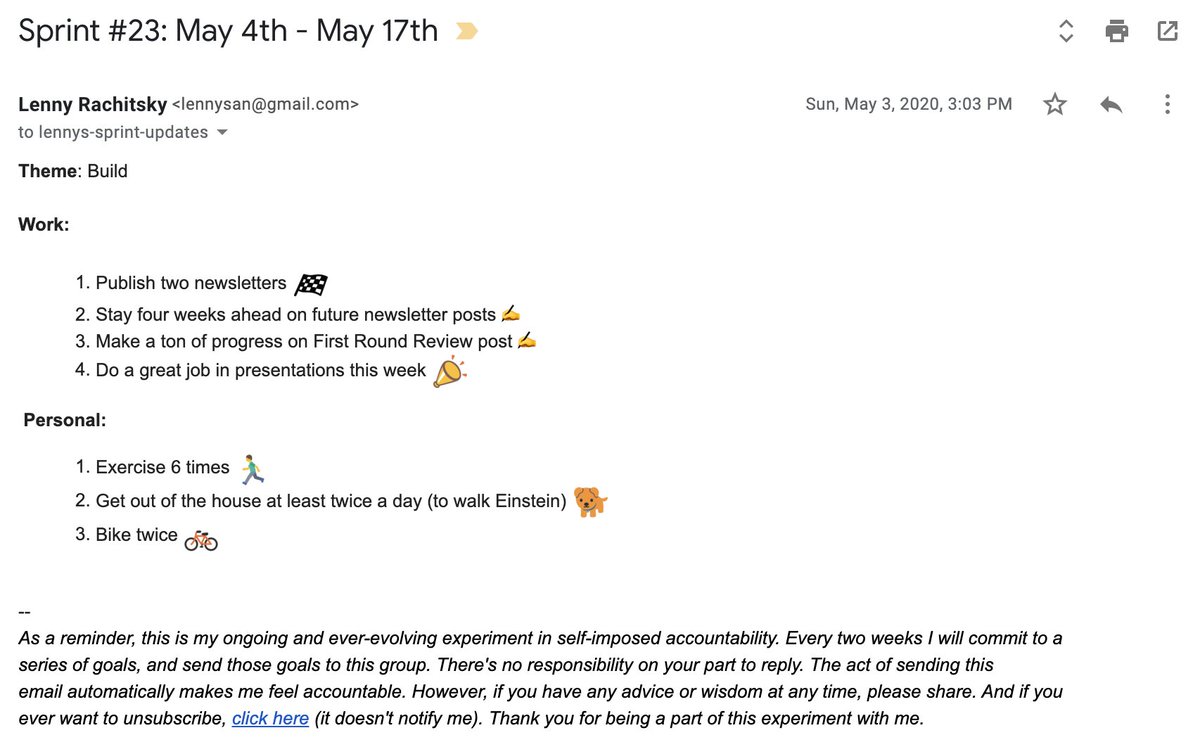
https://t.co/ZH6Dm87jFr
Life alert: I\u2019m adding a paid plan to my newsletter \U0001f91e
— Lenny Rachitsky (@lennysan) April 7, 2020
After much prodding from readers and friends, I\u2019m going to take the leap and give this life-path a shot.
Consider subscribing and joining me on this journey \U0001f64fhttps://t.co/gtFm4POGSQ
Writing is hard enough. Write about things that you're genuinely energized by, excited to learn more about, or curious about. Don't force yourself to write things you think you *should* or *need* to write about.
It won't last.
Here's what your pace should feel like, IMHO. Writing a newsletter is a marathon. Don't burn yourself out. I personally love the weekly cadence. Daily newsletters blow my mind.

Consistency + quality = you win.
Valuable, interesting, creative work always comes from focused, distraction-free time. But the world is always trying to take this time away from you. You need to find strategies to protect this time. Read this book.
https://t.co/cWaAYRzZMd
If you do have a job, can you add 3-hour blocks of time the mornings of M/W/F? Or on a weekend?
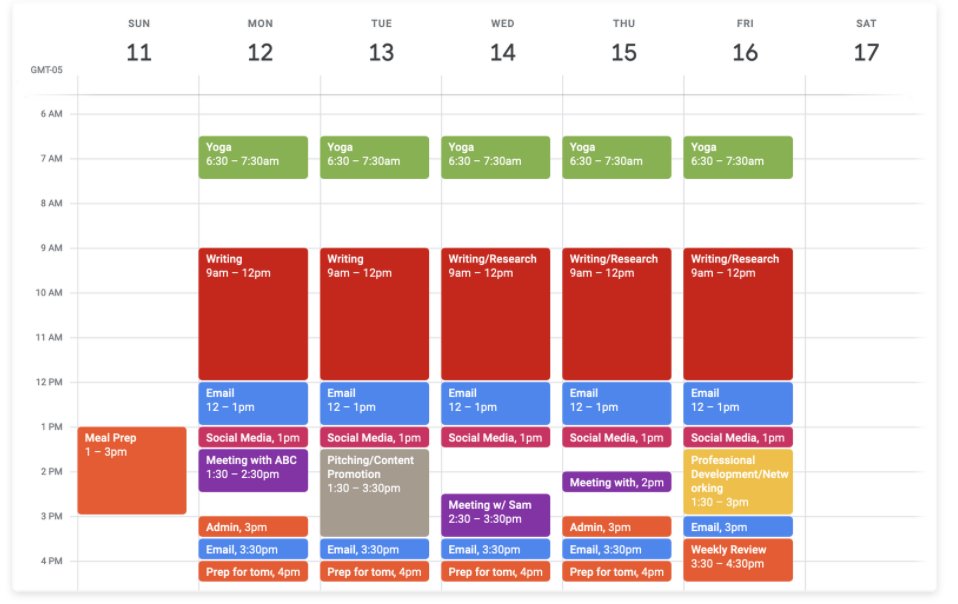
https://t.co/oZ9qOgC7nW
We have puny brains with no ability to avoid distractions. Embrace "ignorance is bliss." Shut off notifications by turning on DND.
At a minimum, do this during your deep work time. Ideally, all day.
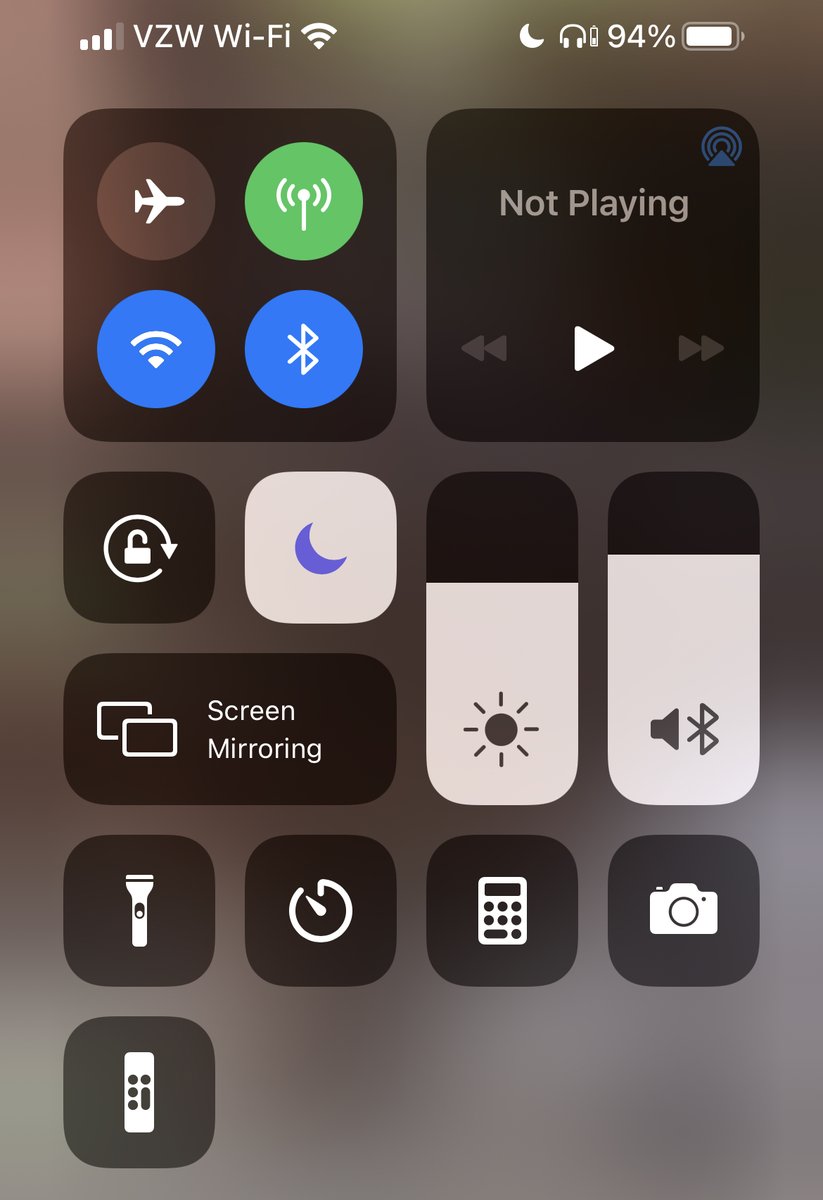
1. A TODO app to prioritize your tasks (I use @centered_app)
2. A doc tool to organize your content (I use @coda_hq)
3. A note-taking tool for quick notes (I use https://t.co/YHvgJvV9dt)
4. Tools to help you with writing (I use @Grammarly and https://t.co/tTNv9lH9Ik)
5. Nutrients to boost energy and focus (I drink tea and @magicmind)
6. A platform for hosting/sending content (I use @SubstackInc)
When you have time to write, you want to avoid the blank page as much as possible. What helps me is having a place to dump random idea as they come, which I can build and add to over time. I use Coda pages for this.
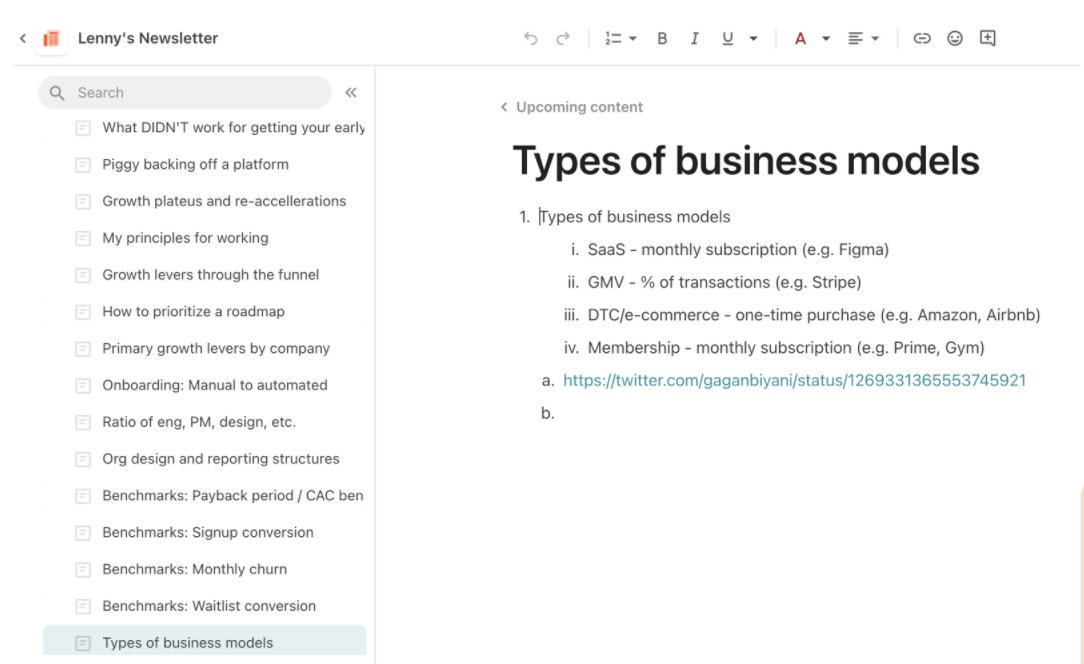
More from Lenny Rachitsky
The most sophisticated growth team no one talks about: @WishShopping
1. The #1 shopping app in 40+ countries
2. Rumored to often be the #1 spender on FB and Google
3. 2 million items sold daily
I sat down with @cplimon to learn about the notoriously secretive company. Read on 👇
1/ Your brand constraint is Wish's opportunity
Wish's superpower is leaving no room for taste or opinion. It's what happens when a machine builds a company based on data. The founder didn't plan to sell cheap goods to low-socioeconomic customers, but where the data took him.
"Until you work at a place like Wish, you don't know what data-driven is. Everyone else is data-driven when it's convenient, when it agrees with your opinions. Wish is great at ignoring their own emotions. It's data-driven with as much intellectual honesty as possible."
For example
2/ Differentiate by serving the under-served
Most of Wish’s initial sales came from places like Florida, greater LA county, and middle-America. Specifically, zip codes with 95% Spanish speakers. Later, Africa, Latin America and Eastern Europe (avg household income $18,000/year)
1. The #1 shopping app in 40+ countries
2. Rumored to often be the #1 spender on FB and Google
3. 2 million items sold daily
I sat down with @cplimon to learn about the notoriously secretive company. Read on 👇
1/ Your brand constraint is Wish's opportunity
Wish's superpower is leaving no room for taste or opinion. It's what happens when a machine builds a company based on data. The founder didn't plan to sell cheap goods to low-socioeconomic customers, but where the data took him.
"Until you work at a place like Wish, you don't know what data-driven is. Everyone else is data-driven when it's convenient, when it agrees with your opinions. Wish is great at ignoring their own emotions. It's data-driven with as much intellectual honesty as possible."
For example
cursed wish ads pic.twitter.com/eMlx4LqgKA
— big meaty claws (@leisurepIex) June 4, 2019
2/ Differentiate by serving the under-served
Most of Wish’s initial sales came from places like Florida, greater LA county, and middle-America. Specifically, zip codes with 95% Spanish speakers. Later, Africa, Latin America and Eastern Europe (avg household income $18,000/year)

